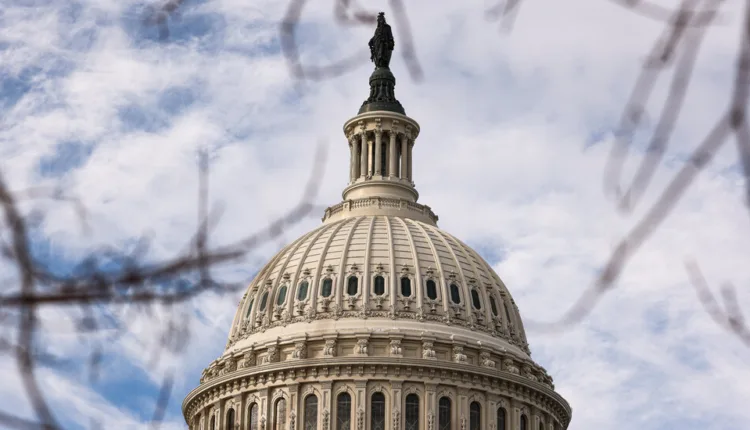
Election-Year Politics May Jeopardize Advancement of Tax Bill
TL/DR –
The House is expected to approve a $78 billion bill that expands the child tax credit and restores corporate tax breaks. The bill, named “The Tax Relief for American Families and Workers Act,” would also bolster the low-income housing tax credit and extend tax benefits for Taiwanese companies and individuals. The bill faces resistance within the Senate and both parties of the House, with critics arguing it either expands the welfare state or does not do enough to help families, amid other policy and political oppositions.
House to Pass $78bn Bill Expanding Child Tax Credit
The House is set to approve a $78 billion bill expanding the child tax credit and reinstating a range of corporate tax breaks in a rare example of bipartisan cooperation in an election year. However, the bill’s path to becoming law is fraught due to political disagreements over its beneficiaries. The bill is facing opposition from Senate Republicans and members of the House from both parties.
Bipartisan Attempt for Tax Relief
According to Speaker Mike Johnson, “The Tax Relief for American Families and Workers Act” is key bipartisan legislation aimed at reviving pro-growth tax reform. The package intends to expand the child tax credit and reinstate business tax breaks related to research, development, and capital expenditure, which would remain in effect till 2025. It would also enhance the low-income housing tax credit and extend tax benefits to disaster victims and Taiwanese companies.
The plan is to be financed by limiting the employee retention tax credit, a pandemic-era incentive for employers to retain workers that has since become a fraud magnet.
Political Hurdles Ahead
The bill nevertheless faces numerous political obstacles. For a start, it is expected to face opposition from Senate Republicans and some Democrats, who argue it fails to adequately expand the child tax credit. Additionally, lawmakers from high-tax states are upset that it does not increase the cap on state and local tax (SALT) deductions, which would benefit high earners.
Bipartisan Tax Deal: A Feasible Goal?
Despite the challenges, Representative Jason Smith and Senator Ron Wyden, the top two tax writers in Congress, have brokered the package. The White House, key leaders on Capitol Hill, and a wide range of members support the bill, which gained momentum after the Ways and Means Committee approved it in a predominantly bipartisan vote.
Child Tax Credit Reforms
The legislation proposes reforms to the $2,000-per-child credit, aiming to make it more accessible to families with multiple children and gradually increasing the cap for lower-income families. Republicans, however, have criticized the expansion, claiming it discourages work and opposes allowing undocumented immigrants to claim the credit.
Progressive Democrats’ Concerns
On the other hand, progressive Democrats argue the bill does not sufficiently expand the tax credit and benefits corporations disproportionately. They believe it falls far short of the pandemic-era child tax credit, which provided up to $3,600 per child and significantly reduced child poverty.
—
Read More US Political News
